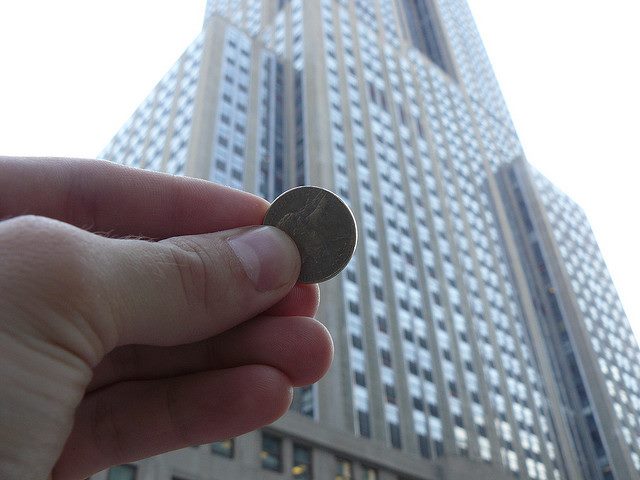About this time last year, we tried to crack the code of getting worth out of trade shows.
Perhaps no one said it better than Stuart Chapman, head of telemarketing for Aetorius Marketing Ltd, a B2B telemarketing firm in Wiltshire, England. He wants to gain a "real understanding of what drives these businesses and what makes them stand out from everyone else."
Also, he added, "At the very least I look to gain new members of my network."
Trade shows are, after all, about making connections. But what about the other side of the spectrum -- the conference organizers. What makes a good show for them? Profit? New customers? Exposure?
We caught up with Alon Alroy, co-founder and chief marketing officer at Bizzabo, a New York City-based provider of event-planning software, about making shows a success.
1. Attendees Networked

One of the best indicators of a successful event is a high amount of interaction between attendees and engagement with event content, Alroy said.
"When using an event app or other networking tool, you can track the number of messages sent, as well as the number of views and 'likes' certain sessions received," he told CMSWire. "This not only lets you know whether your event had a successful networking atmosphere but also what types of content and speakers your guests found most interesting and relevant."
2. You Hit Sales Goals
We can talk about fancy metrics all we want, Alroy said, but when it comes down to it, the amount of tickets an event sells can either make or break its success.
"Taking a deep dive into your ticket sales can help you determine the most popular and effective pricing tiers, packages and purchase timing," he said.
3. You Learned Things
What’s the point of collecting all this data if you don’t learn from it? You need to have ways to measure ticket sales, engagement rates, email opens and "anything else under the sun" compared to your to past performance, Alroy said.
"This can ultimately lead to insights about what truly works and what doesn’t," he said. "What content is most popular? What ticket price ranges seemed most reasonable to attendees? How early should you begin event promotion?"
4. You Identified Top Marketing Channels
Event promotion and marketing typically involves many different channels tactics, from emails, to social shares, to discount codes and flash sales, Alroy said.
"Once you’ve defined your target audience and see results in cold, hard ticket sales," he added, "you can shift your efforts to the channels that truly work for you."
 Title image by T. Cowart.
Title image by T. Cowart.